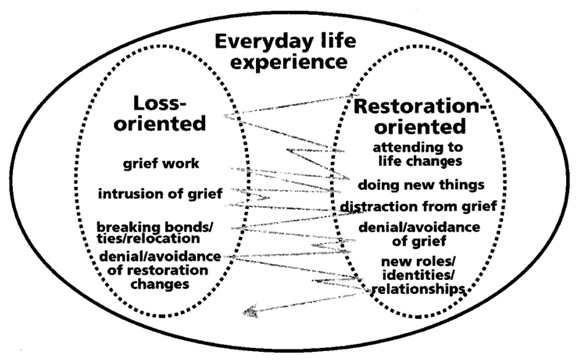Bereavement for the majority of us can be one of the most upsetting and distressing things we will ever experience. Grief is the feeling we experience when a person or a pet in our life dies.We also experience this feeling when we experience loss in some way. Everyone is different and, therefore, everyone experiences grief differently. The process of grieving is a natural process.
Bereavement can be difficult to cope with and often become too much for an individual to handle. Grief extends to all aspects of a person’s life and often can become complicated. It can have an emotional, spiritual, physical, social, financial, work or education impact on our lives.
Bereavement counselling involves supporting individuals through a very difficult time of their life. Bereavement counselling helps a person develop coping mechanisms and to come to terms with what they have a loss and then guide them through re-building their life around the grief. Bereavement counselling can be effective with all ages, genders and cultures.
There are a lot of misconceptions about grief such as;
- Grief is just an emotional response to loss.
- There are stages of grief which are predictable and everyone experience them all.
- Grief eventually just goes away with time.
- Everything eventually gets back to normal.
All of these assumptions make it harder for an individual who is experiencing grief. It creates unrealistic expectations to the person who is grieving and the people around them.
Some facts about grief;
- A person does not ‘just get over it’ and gets back to normal because their normal has changed and will always differ from what was their normality before in some way.
- Individuals can often have feelings of numbness, guilt, relief, shock, disbelief, loneliness, depressive symptoms and anxiety and many more.
- We sometimes have to allow ourselves to grieve.
- Factors such as further losses can exacerbate grief such as; loss of dreams, plans, power etc.
- Grief can create challenges for our families and friends such as; when a person experiences grief in a different way in which others do not understand, differing expectations about how one should grieve and difficulties in supporting each other due to difficulties in coping and communication.
- The relationship between the deceased and the bereaved does not have to end there, it is important to continue accessing mementos, memories and stories.
- You do not just get rid of grief, you grow your world around it.
The Dual Process Model of Bereavement
An individual can often only focus on the loss they have experienced to the extent where it becomes overwhelming to the point that they cannot face the restoration process of attempting to create a new reality without their loved one in it. On the other hand, a person may only be focusing on how they have to restore their life and use this restoration as a distraction from the grief they are experiencing.
Both of these responses are common, however, if a person stays in either state without experiencing the other, their grief can become more complicated. Therapy aims to address this balance and guide individuals through the grieving process so that they do not become fixated or stuck.

At Hart Psychotherapy, we offer compassion, space to grieve and confidentiality. We offer counselling to children, adolescents and adults in person, over the telephone or even over skype.
